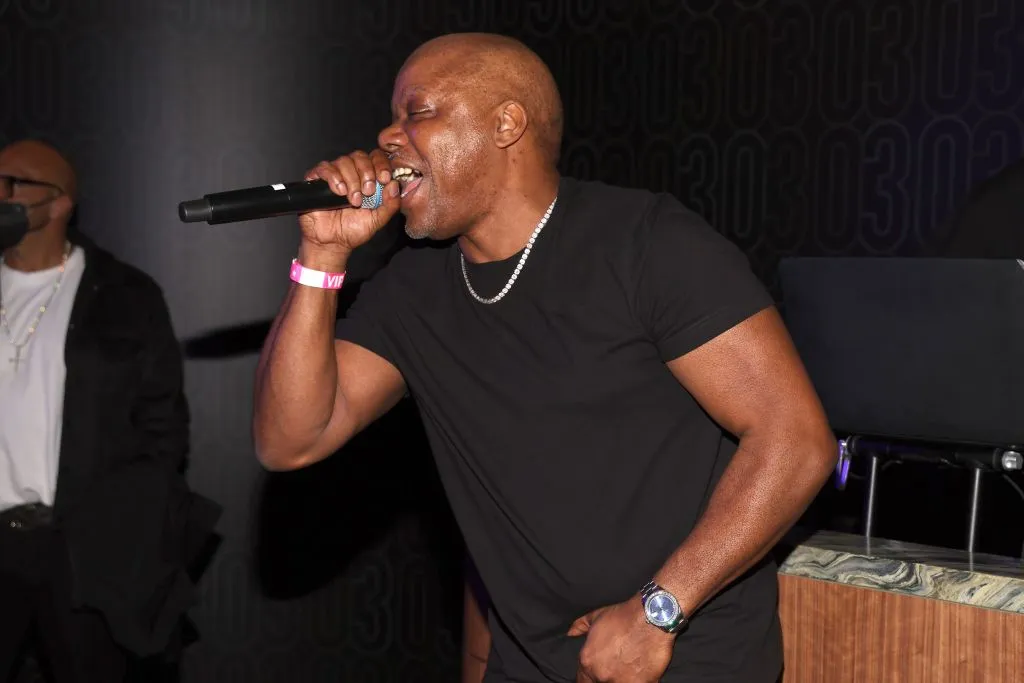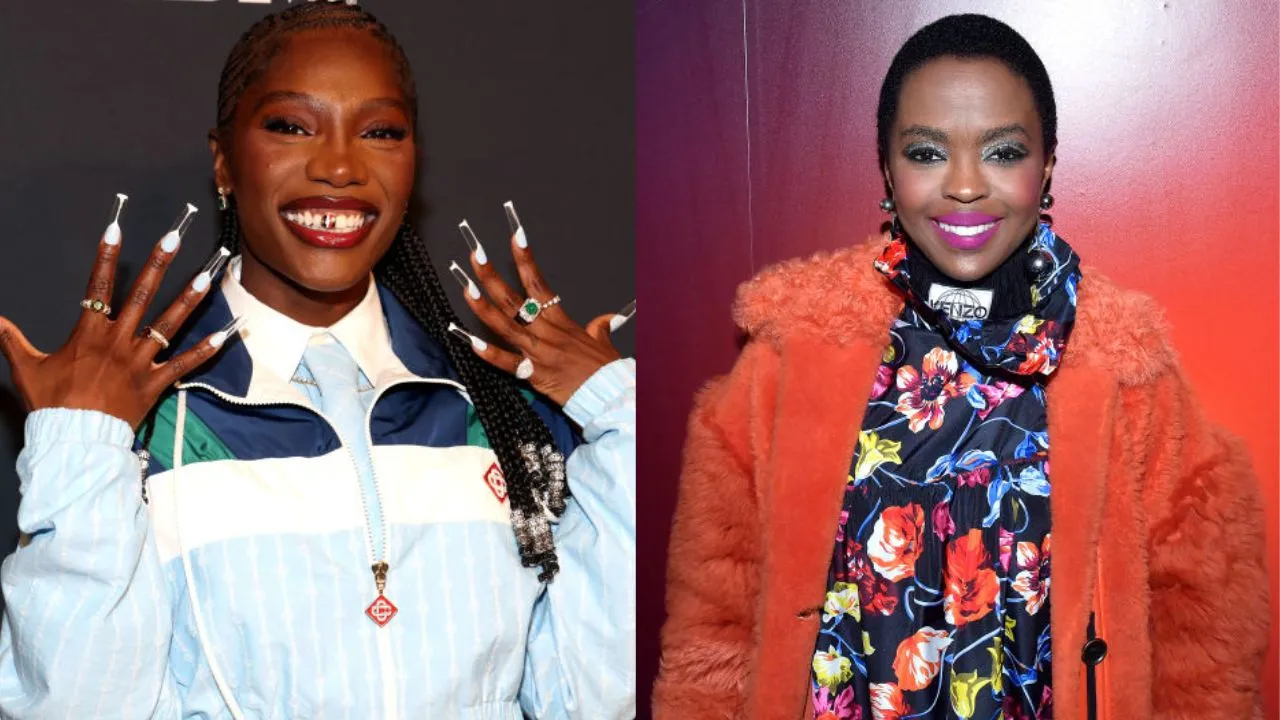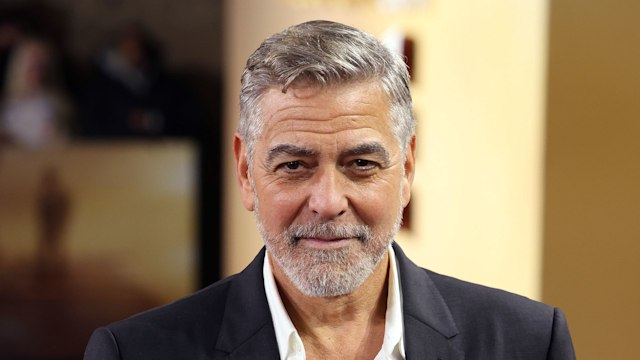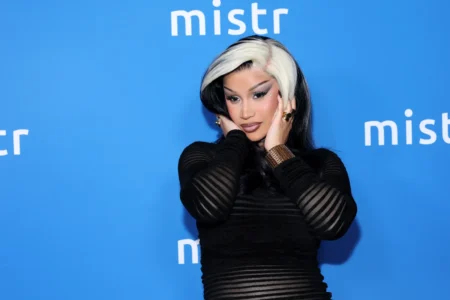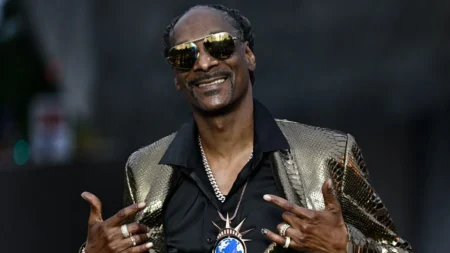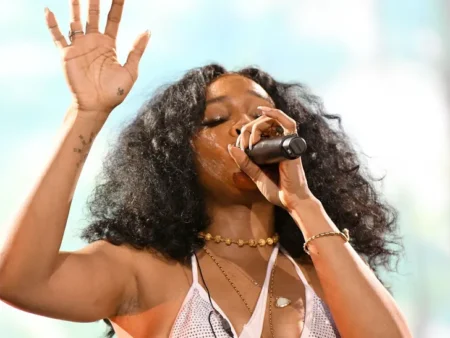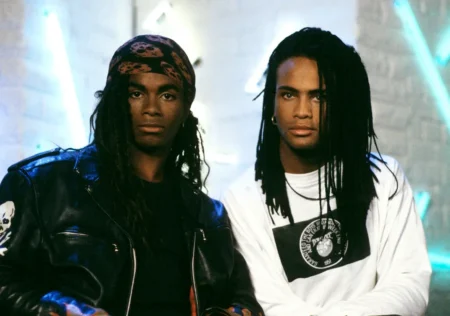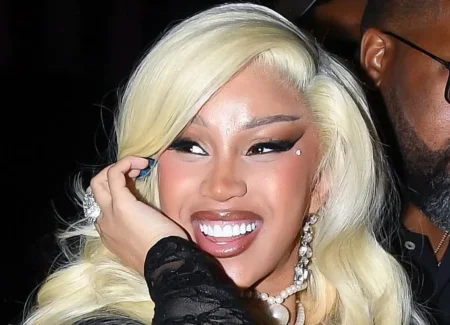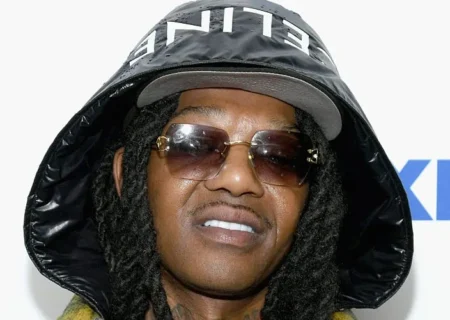In a rare and deeply reflective interview, West Coast hip-hop legend Too Short opened up about why he chose to keep a distance from Tupac Shakur, despite sharing a mutual respect and deep roots in the Bay Area’s rap scene.
Speaking on the History of the Bay podcast hosted by Dreg One, Too Short—real name Todd Anthony Shaw—discussed the intense energy and ambition Tupac carried, and how that very drive made him keep his distance.
“I personally avoided ambitious 2Pac,” Too Short confessed. “Because he probably would have ended up in some f**ked up spaces around me.”
The interview has since gone viral, offering rare insight into the relationship dynamics between two of the most iconic figures in West Coast hip-hop.
A Ride That Said It All
Too Short recalled a specific moment that solidified his decision to create space between himself and Tupac. He recounted a car ride with Shakur and Shorty B, a member of Too Short’s influential group Dangerous Crew.
“Tupac and Shorty B jumped in the truck with me, and I noticed that he had a pistol on him,” Too Short said.
While carrying firearms wasn’t unusual in their world—especially in 90s Oakland—Too Short noted that Tupac’s open display of being armed raised red flags.
“I was just thinking to myself, I carry guns a lot… I’m from Oakland and I just wouldn’t let an Oakland na or any other na know that I got my thing on me at the time. It’s just something you just don’t do.”
That moment was more than just a casual encounter—it symbolized Tupac’s mindset, one that was increasingly drawn to the streets, drama, and the darker side of fame.
The Streets Were Calling—and Tupac Was Answering
Too Short admitted that he saw Tupac’s ambition as both powerful and dangerous. He recognized the duality in Shakur—the poetic revolutionary and the street-certified gangster. And while others may have celebrated that fire, Too Short saw a path that could—and did—lead to destruction.
“I knew what he was getting into and I was like, ‘If my guys catch wind of his ambition, they’re going to cling to him,’” he explained. “He could find his way anywhere he wants in the world, but I’m not bringing him to where I’m at.”
Too Short knew that introducing Tupac to certain environments in Oakland—already charged with violence, gang politics, and underground crime—could accelerate his descent into chaos. He wasn’t willing to be the one who opened that door.
“I didn’t want to be a bad influence on 2Pac, and that was just my choice,” he said.
“He Wanted to Be Everything at Once”
One of the most gripping moments in the podcast was when Too Short described the internal conflict he saw in Tupac. According to him, Shakur wasn’t just chasing fame—he was trying to embody every archetype at once: the conscious revolutionary, the street soldier, the sex symbol, and the best rapper alive.
“He was like, ‘I want to be that gangster revolutionary,’ like everything. ‘I want to be the ladies’ man, I want to be the biggest rapper.’ He had that ambition,” said Too Short. “I was like, ‘Get that sh*t away from me.’”
To Too Short, that level of ambition came with an inevitable self-destruction. Tupac was trying to live in multiple identities, each pulling him in a different direction—and it was dangerous.
Avoiding Trouble Was an Act of Love
Too Short made it clear: he didn’t keep his distance out of malice or disapproval. On the contrary, he admired Tupac’s talent and potential. But he also recognized that he couldn’t save him from the streets—and introducing him to Oakland’s rawest corners might have accelerated an already fast-moving train.
“You’ve got to be in the right state of mind… He did it, bro, he went to L.A., he ended up in those circles.”
Indeed, Tupac’s move to Los Angeles, his alignment with Death Row Records, and his intensifying beefs with fellow artists like The Notorious B.I.G. would eventually contribute to his untimely death at the age of 25.
Hip-Hop Fans React to Too Short’s Revelation
Following the release of the interview, fans across social media platforms praised Too Short for his honesty and emotional maturity.
“That was real grown-man wisdom. Too Short saw the danger and bowed out respectfully,” one fan tweeted.
Others reflected on what could have been, had Tupac taken a different path or aligned with different people earlier in his career.
“If 2Pac had stayed in the Bay and worked with people like Too Short or E-40 more, maybe things would’ve gone differently,” another fan wrote.
Legacy Lessons in the Culture
Too Short’s reflection comes at a time when hip-hop continues to grapple with the premature loss of young stars. From Pop Smoke to King Von, PNB Rock to Takeoff, the dangers associated with the street-rap lifestyle remain a sobering reality.
Too Short’s message is ultimately one of prevention—of knowing when to walk away, even from someone you respect, if it means avoiding unnecessary tragedy.
Tupac’s Legacy: Still Complicated, Still Revered
Nearly three decades after his death, Tupac Shakur’s legacy continues to resonate. His influence on music, activism, and youth culture is undeniable. But his life remains a cautionary tale as much as it is an inspiration.
By sharing his story, Too Short adds another layer to Tupac’s mythology—a reminder that greatness doesn’t just come from talent and ambition, but also from the choices we make, and the paths we choose not to walk.




